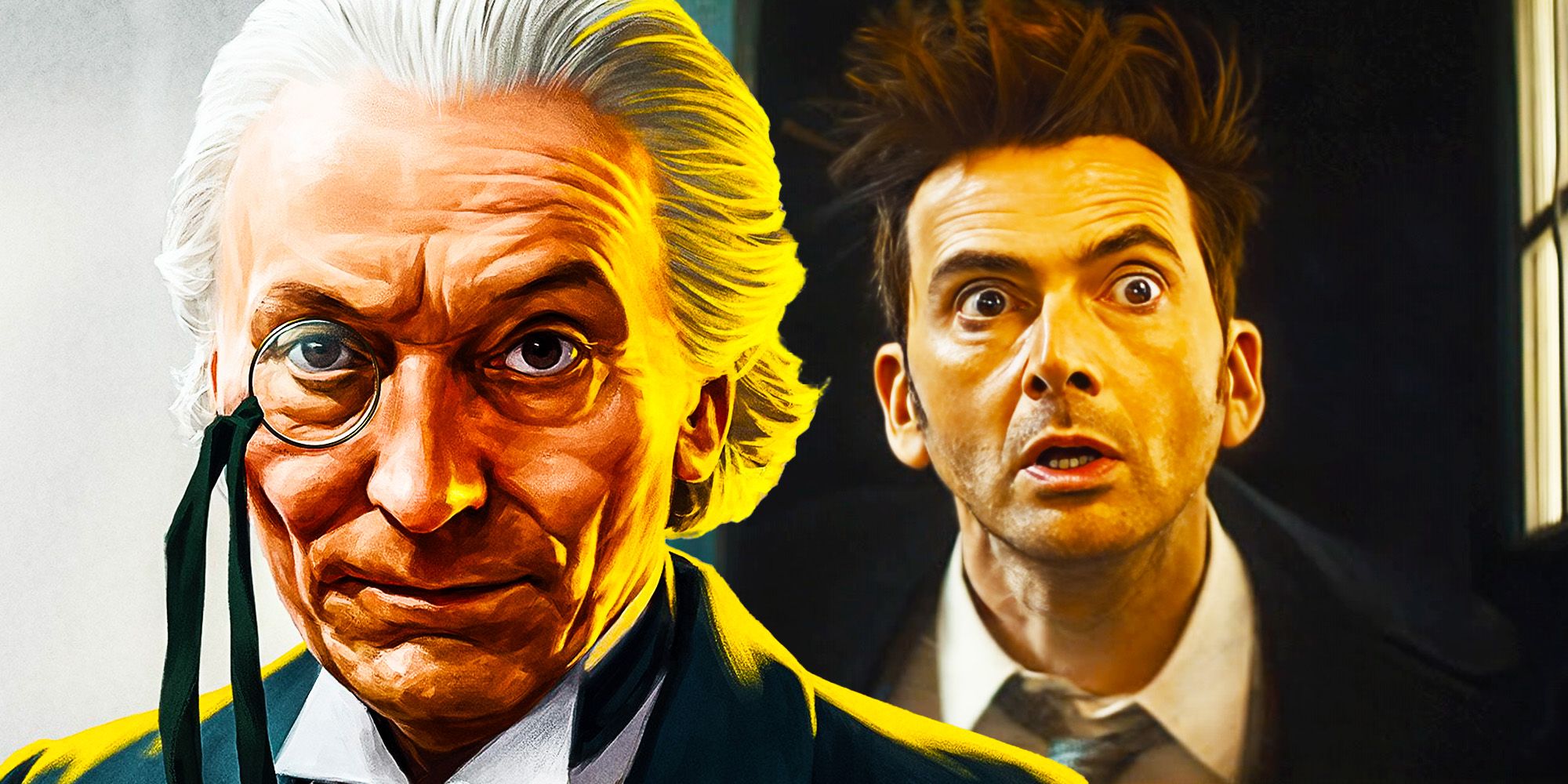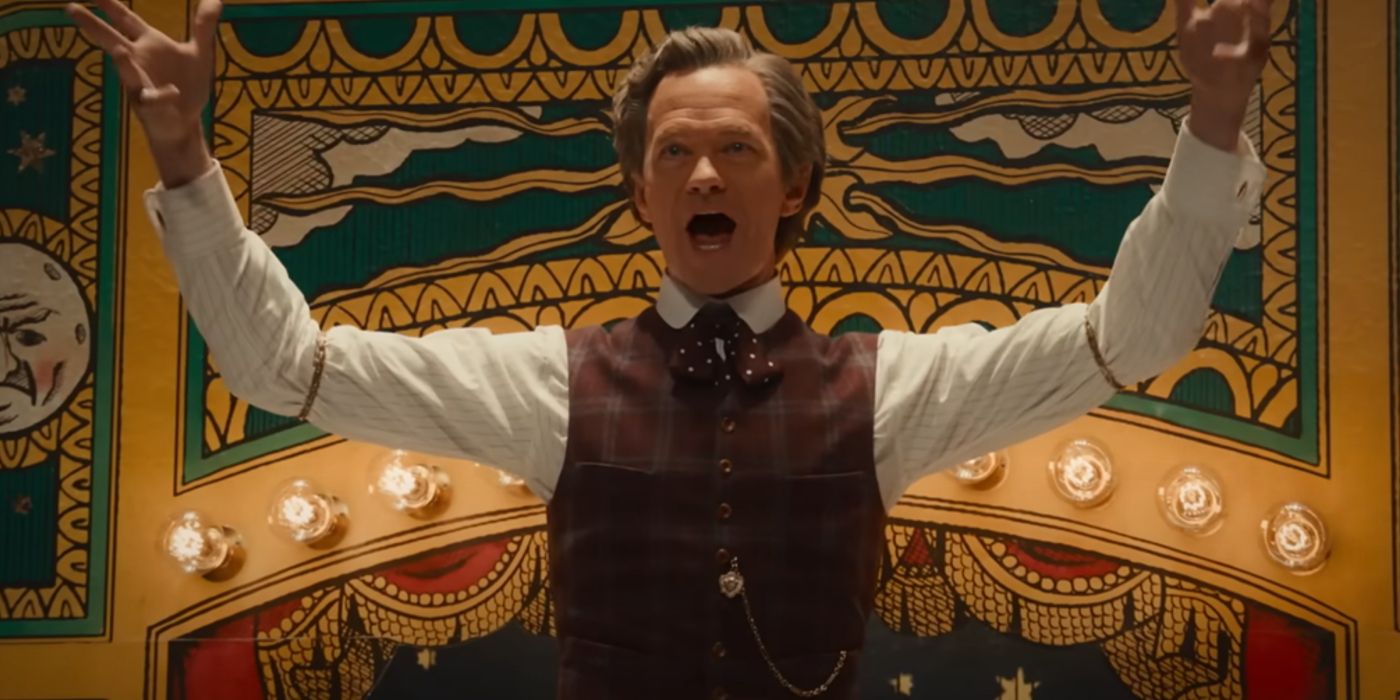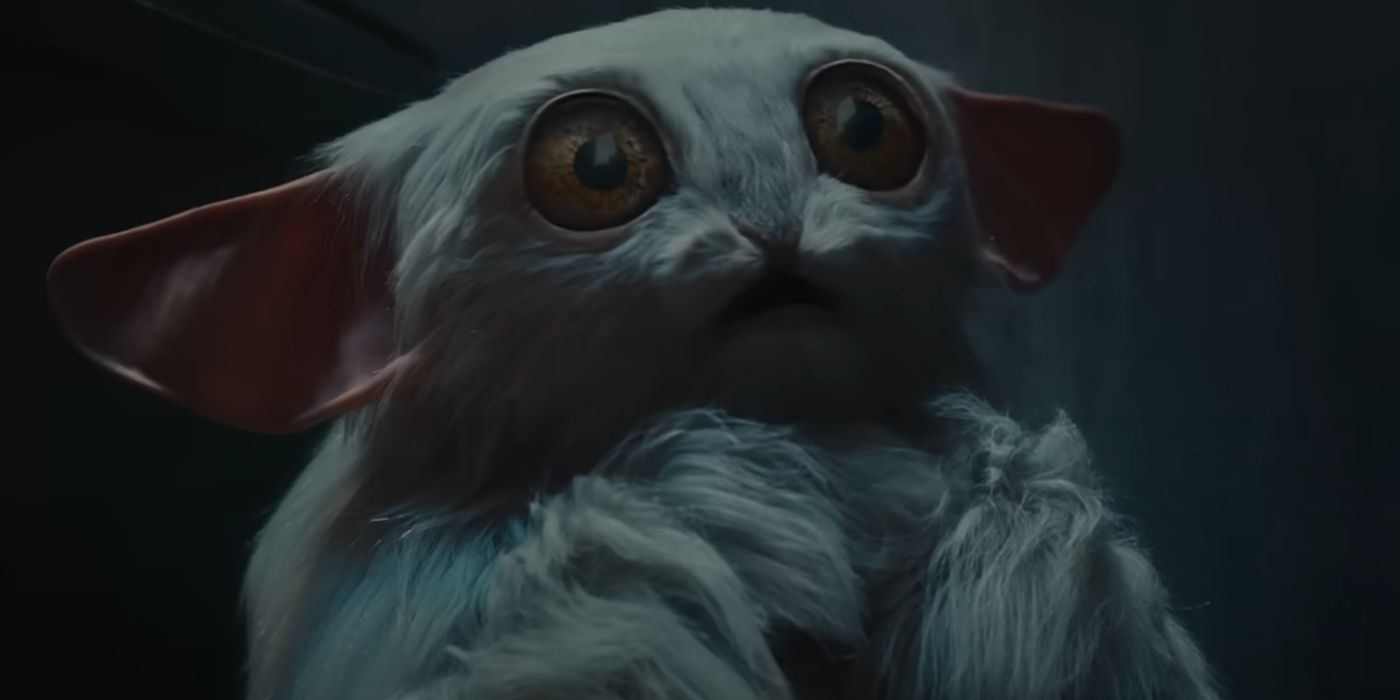A First Doctor obsession is emerging ahead of Doctor Who's new era, and there may be a good reason behind that. Jodie Whittaker's regeneration into David Tennant during "The Power of the Doctor" marked a handover of power from Chris Chibnall to returning showrunner Russell T. Davies, whose second reign will begin with Doctor Who's 60th anniversary in 2023. RTD's homecoming already looked to contain one massive callback to William Hartnell's First Doctor, as Neil Patrick Harris is widely believed to be playing 1960s foe the Celestial Toymaker. The new showrunner has also made allusions on social media to Susan - the Doctor's granddaughter and companion of the First Doctor.
Going further, RTD has teased another First Doctor villain return. Speaking with Doctor Who Magazine, Russell T. Davies proudly claimed, "We're about to transmit the words 'Mavic Chen' on television for the first time since 1966." While Mavic Chen's presence in Doctor Who's future may be nothing more than an Easter egg, RTD's reveal implies a larger role for the Dalek ally who, like the Celestial Toymaker, was a First Doctor enemy. The heavily-hinted returns of the Celestial Toymaker, Susan and Mavic Chen, the last of which would need to be updated to avoid offensive stereotypes, in 2023 Doctor Who is strange indeed, but this First Doctor obsession makes sense.
Doctor Who Is Going Back To Its Roots
The transition from Chris Chibnall to RTD is not a normal changeover between Doctor Who showrunners. After Chibnall's storylines and style received much criticism, Doctor Who is seemingly undergoing a full factory reset, with Russel T. Davies' Bad Wolf production company partnering with the BBC to produce the series, and Disney striking a deal to distribute Doctor Who on Disney+. The 60th anniversary special unquestionably represents Doctor Who's biggest relaunch since 2005, and paying homage to the early years through the Celestial Toymaker, Susan and Mavic Chen perfectly signals that big red button being hit. Literally and figuratively, Doctor Who is going back to its roots.
While simultaneously signaling a rebirth, Doctor Who's growing obsession with the First Doctor also serves as an anchor to the past. Including the Celestial Toymaker and Mavic Chen, two of the oldest villains in Doctor Who canon, demonstrates that whatever changes Doctor Who undergoes over the coming year, it is still the same TV phenomenon that first landed in grainy black-and-white toward the end of 1963. That message is especially important after Doctor Who's Timeless Child twist showed franchise canon as much respect as a Weeping Angel shows toward a victim's personal space.
Is This What RTD's Dream Doctor Who Looks Like?
Another possible explanation for Doctor Who's sudden interest in the 1960s may involve a key difference between Russell T. Davies' original stint leading the iconic sci-fi series and his second bite of the cherry beginning in 2023. When RTD first stepped through the TARDIS doors, he was leading a production very much still under BBC jurisdiction. Due to a myriad of factors - Doctor Who's wildly successful relaunch, RTD's continued prosperity, the perceived problems of modern Doctor Who, etc. - that power balance has somewhat shifted. Bad Wolf partnering with the BBC to produce Doctor Who strongly indicates RTD will enjoy far more creative control than he did in 2005.
That may account for Doctor Who's potential sudden influx of relatively obscure villains. Rather than just household names like the Daleks, Cybermen and Sontarans, Russell T. Davies can now introduce more niche antagonists such as the Celestial Toymaker and Mavic Chen. Adding further weight to that theory, the Doctor Who 60th anniversary special also includes lesser-known comic book monsters Beep the Meep and the Wrarth. Doctor Who may have suddenly developed a First Doctor obsession simply because it can now.



